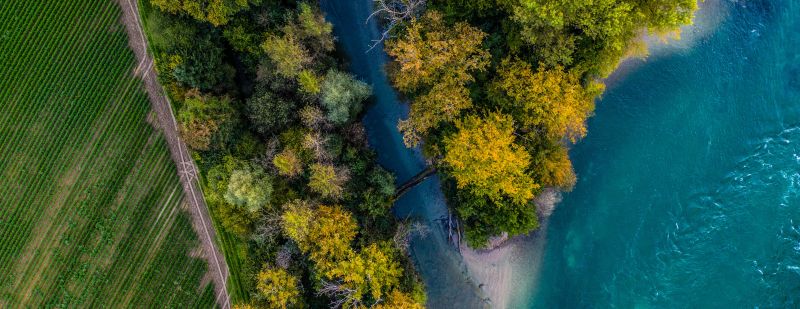Centre for Interdisciplinary Regional Studies (ZIRS) at Martin Luther University Halle-Wittenberg
The Centre for Interdisciplinary Regional Studies (ZIRS) is an umbrella organisation for those institutions and individuals at the Martin Luther University Halle-Wittenberg who are doing research in the field of regional studies. The ZIRS initiates and promotes regional and transregional related research activities under overarching thematic, theoretical and methodological questions.
The networking of different regional and disciplinary competencies creates dynamic interest groups and collaborations that enable innovative research on pressing issues in their current and historical references. In cooperation with university and non-university partners from Germany and abroad, the ZIRS organizes events such as guest lectures, workshops and summer schools.
Regional and transregional research under one roof
Currently, the ZIRS is in a phase of reorientation: In the past months, new members have joined the centre and a new managing board has been elected. Currently, scientists from more than fifteen different disciplines, such as ethnology, geography, history or law, are involved in the ZIRS. They conduct research in various regions, starting from Saxony-Anhalt, Poland and Eastern Europe to the MENA region and the Silk Road.
A new research focus of the centre is on resources, structural change, energy and post-extractive futures. On the one hand, with this focus we contribute to the study of current economic and social transformation processes taking place in Saxony-Anhalt and Central Germany. We work with and towards local actors and investigate what moves local communities. On the other hand, we analyse such transformation processes in comparison with other regions within and outside Europe. These trans-regional references enable us to investigate overarching globally relevant issues of climate change, de-growth and sustainability. We are currently conducting research in Brandenburg, Saxony-Anhalt, India, Australia, Indonesia and other countries. Finally, the cooperation of contemporary and historical disciplines at ZIRS enables us to compare not only spatially but also temporally and thus to deepen our knowledge of the above-mentioned topics. With this research focus, ZIRS is also located in the international research landscape at the interface between Environmental and Energy Humanities and Area Studies.
Beyond this focus, ZIRS also represents a dynamic research platform, within the framework of which further topics of regional studies are currently and in the future researched, in individual and collaborative work. Through its international orientation, ZIRS also supports the internationalization strategy of MLU.

